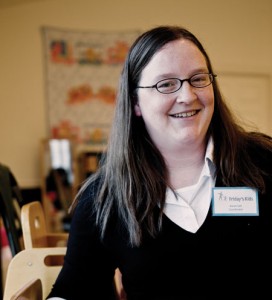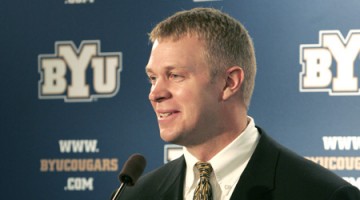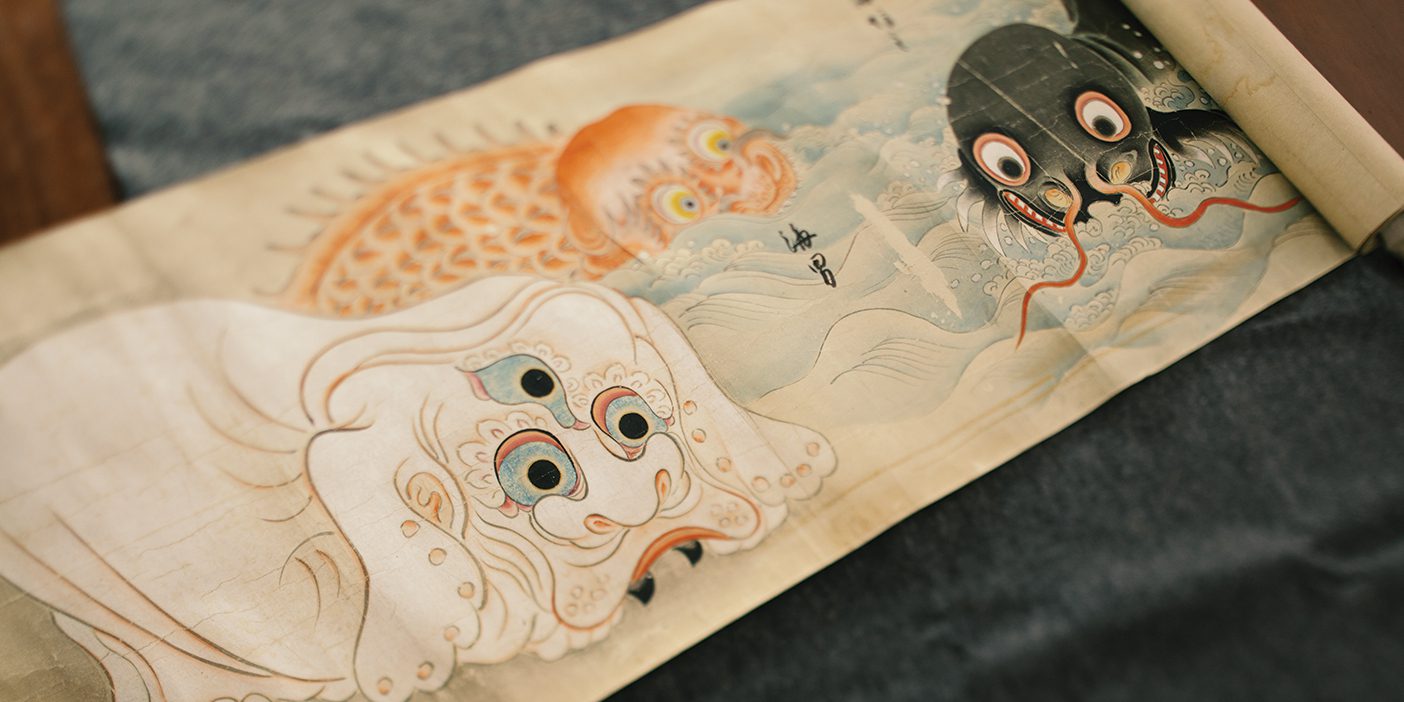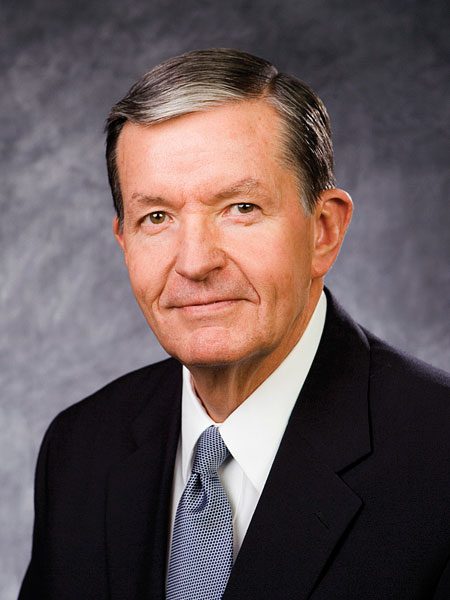Hundreds of service hours earned Karen Call a BYU first and helped her recover from depression.
Karen D. Call (’09) is no stranger to service. As a teenager she spent hundreds of hours caring for a cousin with special needs and tutoring children. She continued to tutor while attending BYU–Idaho, then she was called to serve a humanitarian aid mission in Peru. But after her missionary service—and after transferring to BYU—she became deeply depressed.
After serving as a missionary, pursuing her own interests as a student was particularly difficult. “I didn’t really feel like I was making a difference or helping anyone,” Call says. “I felt as though there was a cloud covering the sun.” It was over a month before she realized she was struggling with depression. “There were other factors that played into the depression,” she says, “but I felt like if I could help others, I would be able to lift my mood.”
Call found the beginning to recovery on a sign in the Wilk. It was a call for service program directors. She applied, was given a program to direct, and, as she says, “it’s kind of turned into more.”
In April Call was honored as the first student to complete BYU’s Service Scholar Program. Initiated by the Center for Service and Learning (CSL) in the fall of 2007, the Service Scholar Program requires students to complete a service theory class and 100 hours of service before graduation. Fifty of those hours need to be devoted to a service capstone project. Call usually finds 25–30 hours to serve each month.
Service helped her manage her depression. “I am not saying that the depression went away or was cured,” she says, “but when I would serve, I felt like I could handle it better. . . . There was a feeling of hope that I could overcome the feelings I was having.”
Today, Call codirects Teaching and Loving Children (TLC), a program that places volunteers in special education classrooms in Utah County. She also helps out with Friday’s Kids Respite, in which she and other volunteers care for children with special needs so the parents of those children can run errands, go on a date, or give more attention to their other children.
Along the way Call has twice won grants from Americorps, a national service organization that awards students who perform 300 hours of service in one year with $1,000 to put toward their education.
But serving isn’t always easy for Call. In addition to the hours she spends serving, Call is engaged in a full class schedule, a part-time internship, and pyschology research, and juggling her schedule can create a lot of stress. She talks openly about the hectic evenings at Friday’s Kids Respite when volunteers don’t show up, the difficulty of coordinating a schedule for TLC volunteers, and the anxiety attacks that developed while she was finishing her service capstone project to expand the TLC program. She admits that it can be hard to find motivation after a hard day. But she adds that the reward is worth it: “Whenever I’m having problems, I go and have three hours of fun looking at the world through the eyes of a child—forgetting about everything and just enjoying myself.”
Casey C. Peterson (BA ’96), director of the CSL, says the service activities have changed Call. “I’ve seen her self-esteem really grow through this experience,” he says. “We had hoped people would benefit from [the Service Scholar Program], but seeing it happen in her life has made it really meaningful for us.”
“I feel like my life is more complete,” says Call, “and maybe it is—I’ve made so many friends through service that it just continues to change and bless my life.”










